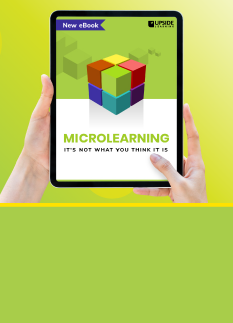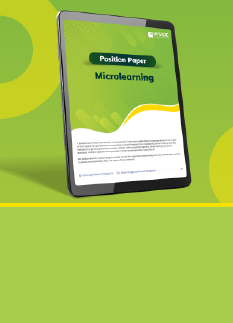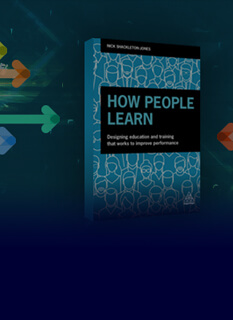Microlearning
is probably the most misused and misunderstood term in L&D. Everyone's talking about it, but are we all referring to the same thing?
So what defines microlearning? The duration? And is it the miracle solution to every training problem?
As part of our GoBeyond initiative, we decided to find answers, and decode this seemingly innocuous term that has become a buzzword among the learning fraternity. We believe microlearning is about breaking down dense content into a series of single-focus nuggets that leverage a variety of content modalities to deliver (s)paced learning through customized learning paths.
Insightful Microlearning Resources
Related Insights
Sounds simple, but let’s break it down. There are three major considerations that go into designing meaningful and impactful microlearning:
Chunking content into self-contained microlearning nuggets
As companies begin to consider or implement sales This involves more that dividing the content into sections that are about 3-5 minutes long. For each content nugget to be truly effective, it’s important that it:
- Stands its own ground, i.e., delivers a complete idea.
- Is directly relevant to the topic, without any frills attached.
- Remains aligned to the learning objective(s).
- Serves as a tool that supports in-time and on demand learning in the workflow.
Appropriate learning modalities for each content type
This involves determining whether the nugget is a fact, concept, process, procedure or principle; and then using the right learning modality to best present it.
Defining a roll-out path that is non-linear, but at the same time incremental
This happens to be the most ignored aspect of microlearning. There are two primary considerations at play here:
- Determining the sequence and intervals at which microlearning nuggets should be rolled for maximum learner engagement and retention.
- Defining learner groups, and associated learning paths that are most relevant for each group.
Like you can see, designing a microlearning solution is all about intensive planning to create a simple output – in other words making learning learner-centric, and not content-centric.













